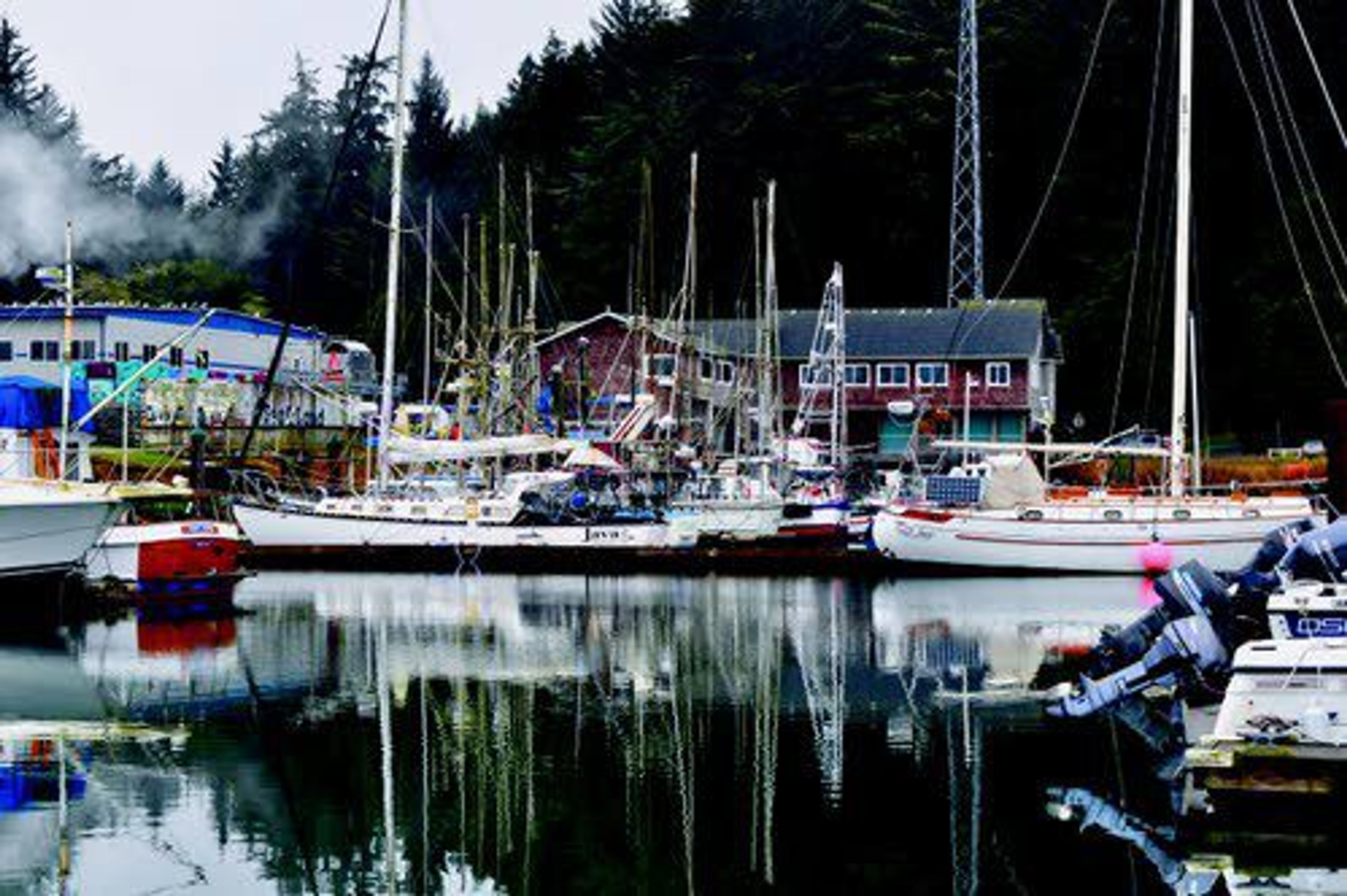Recreational fishing closures devastate Oregon businesses
Charleston residents upset with closure because of lack of communication with Department of Fish and Wildlife
CHARLESTON, Ore. - This time of year the Charleston Marina is usually a bustling place, with sport anglers taking advantage of the good weather before the rains come, but recent bottom fishing closures have driven much of that business away.
"On a beautiful day like today the marina parking lot should be filled with trailers and boats, but there's hardly anybody here," Harbormaster John Buckley said recently.
Bottom fishing has opened back up with the restrictions. Anglers going bottom fishing must be outside of the 40 fathom line, and use long leader gear. However, the economic damage to the Charleston community has already been done.
"I've counted the number of trips that I've lost and canceled, and the dollar figure on that is right around $4,000 worth of trips. That doesn't include trips I would have booked in the future. We work all year long and we meet our expenses, but the end of the season is when we're counting on making our profit that we're going to live off of. That just didn't happen this year," said Capt. John Blanchard, owner of Sharky's Charters.
Many of these Charleston businesses are upset with the closure because of the lack of communication they've had with the Oregon Department of Fish and Wildlife.
"We didn't get any warning essentially that this closure was going to happen. All of a sudden we get two days' notice that they're going to close the season. There was no warning, we weren't able to plan for it," Blanchard said.
Notice of the closure did come abruptly. The news release from ODFW about the closure came out Sept. 12, and the fishery was closed by Sept. 18.
"This has been an absolutely devastating hit to us. We went from the busiest time of year, where we make money that pays our bills and keeps our employees paid, to losing 90 percent of our overall income within about 36 hours," Rob Gensorek owner of Basin Tackle said.
After months of continuous growth, the closure forced Gensorek to lay off all of his employees. Luckily he was able to stay open, but business has come to a grinding halt.
"It's just me, and I'm not even paying myself a wage anymore," Gensorek said.
The recreational fishing industry in Charleston has a wide reach economically. Local restaurants, like Crabby Cakes Bakery, have also seen a slow down since the bottom fishing closure.
"There's no sportsmen in town at all, so nobody comes here for their coffee in the morning like they were," Crabby Cakes Bakery Owner Marvin Terry said. "This time of the year is normally some of our busiest time of year. We've lost half of our business."
Bottom fishing was closed because quotas were reached much faster than expected, and they're trying to protect yellow eye rockfish populations.
"That yellow eye rockfish is a long lived species, they claim it lives 100 years plus," Blanchard said. "It takes a long time to reproduce and grow. It's essentially the spotted owl of the recreational fleet. It's doing exactly what the spotted owl did to the timber industry."
At a public meeting in early August, ODFW had a discussion about bottom fishing nearing quotas, asking members of the public what they think should be done about it. According to Blanchard, the fishermen at the meeting were adamant about not closing the fishery, instead proposing that bag limits be lowered.
"We're not fighting a lack of resources; we're fighting politics and management," Gensorek said. "There's a lot of fish out there, but they've set up a quota system that I think is inherently flawed. We're not protecting fish with this, we're just simply hurting people. If it was hurting the fish, and the stocks were down, I'd be one of the first people rallying to do something, because that's our business."
This is the first time in 15 years that a total bottom fishing closure has been put in place. Bottom fishing quotas were met so much faster because salmon and tuna fishing have been poor this year.
"The culture of fishing out here is so huge, it's so ingrained in these people. Whether they're tourists that come from afar, or locals that recreate, it's been taken away, and that's devastating," Gensorek said.










